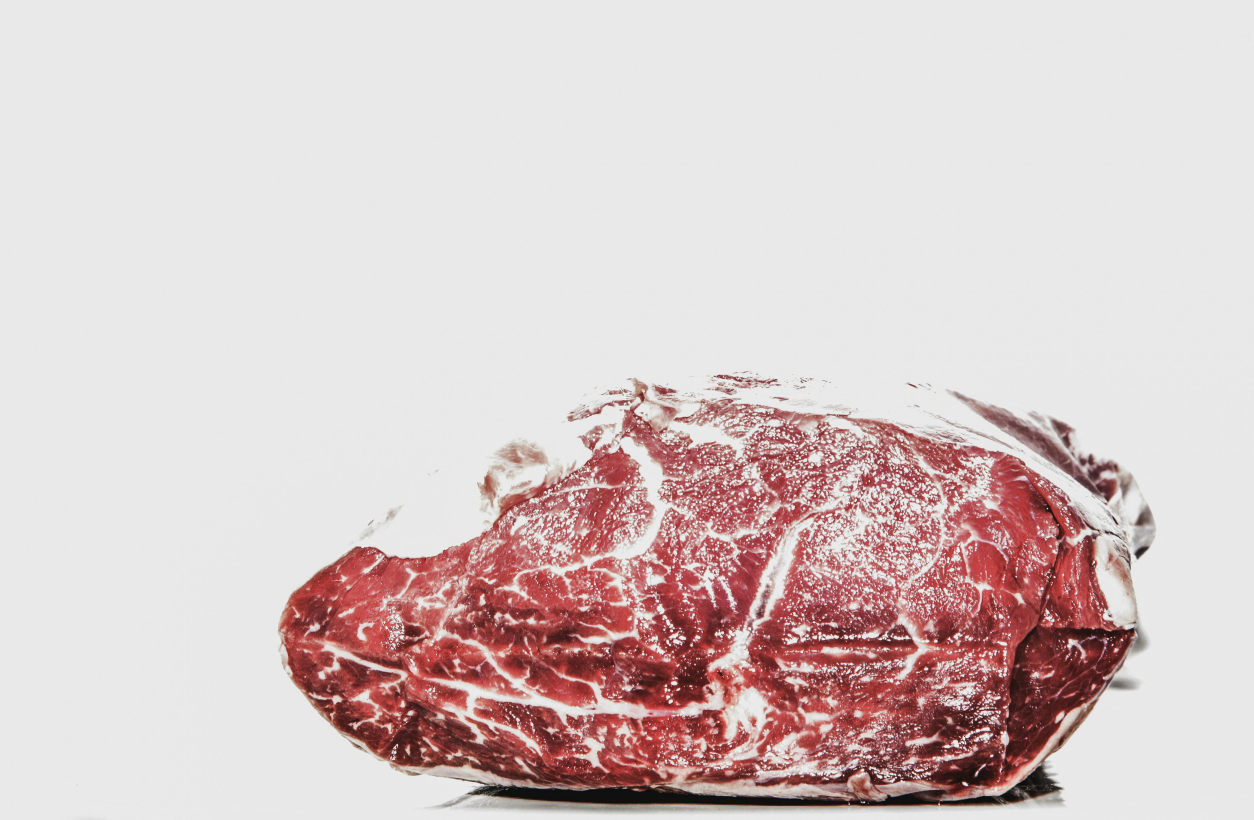One of the most popular foods on the table is meat because of its taste and high nutritional value. Many families will cook some and consume more than what is frozen in the refrigerator, especially when the bargain buys some back. This permits the meat to be preserved for longer periods while also maintaining its freshness. Here’s the problem, though. There is no end to freezing. Never go over three months without eating. These are some long-term refrigerator meat storage tips.

1.Make use of vacuum-packed bags.
One of the foods that spoils the fastest is meat. Microbes, oxygen, and bacteria all expedite the process. A vacuum bag is used to store fresh meat, which removes oxygen from the bag. This preserves the meat fresh for a long period by preventing the growth of germs and other microbes. Additionally, the meat is portioned appropriately before sealing, so each serving can satisfy a meal’s requirements. This can lessen the need to thaw and freeze the meat frequently and preserve its flavor and texture.
2. Implement suitable freezing procedures
Meat should not be washed before freezing it in a vacuum bag. Since cold water easily condenses into ice crystals after washing, the surface of the meat will be covered in water, which will pierce the meat’s cell wall and cause the flesh to become tough, which is not good for the meat’s flavor or preservation. You can carefully rinse the meat and adjust the water in the freezing technique if there is blood on its surface, such as dirt.

3. Appropriate place for storing
Selecting the ideal site for storage in terms of quantity is crucial. Frozen meat should generally be stored in the coldest area of the refrigerator, which is typically the bottom. Simultaneously, try to avoid opening the refrigerator door frequently as this can induce temperature changes that could harm the meat’s freshness. Additionally, raw and cooked meat should be kept in separate storage to avoid cross-contamination.
4. Be mindful of the freezing time
Meat can be frozen for a longer period, but it is not guaranteed to do so. Generally speaking, you can freeze red meat (beef, mutton, etc.) for three to four months, poultry (chicken, turkey, etc.) for four to six months, and fish (fish) for three to six months. The meat’s texture and quality may deteriorate after these periods. It is best to write the sort of meat and the freezing date on the bag to make identification and management easier. Furthermore, you can freeze meat that oxidizes easily, like fish, before coating it with cooking or olive oil to avoid surface corruption and discoloration.
5. The proper way to defrost
It is important to use appropriate defrosting procedures when utilizing frozen meat to prevent thawing it at room temperature, which can encourage the growth of live germs. Meat should be moved from one freezer to another the night before to defrost it safely. If you’re pressed for time, you can also thaw meat in the microwave or by submerging it in cold water; just make sure you cook it right away to prevent the growth of bacteria.
I hope you find these helpful, but my recommendation is to buy fewer things at a time. Fresh food tastes better after all, and it retains its nutrients better. Or do you know any other method for storing pork? Tell us about it in the comments section below.











